- Home
- God's Canvass & Culture
- Christianity in Brazil

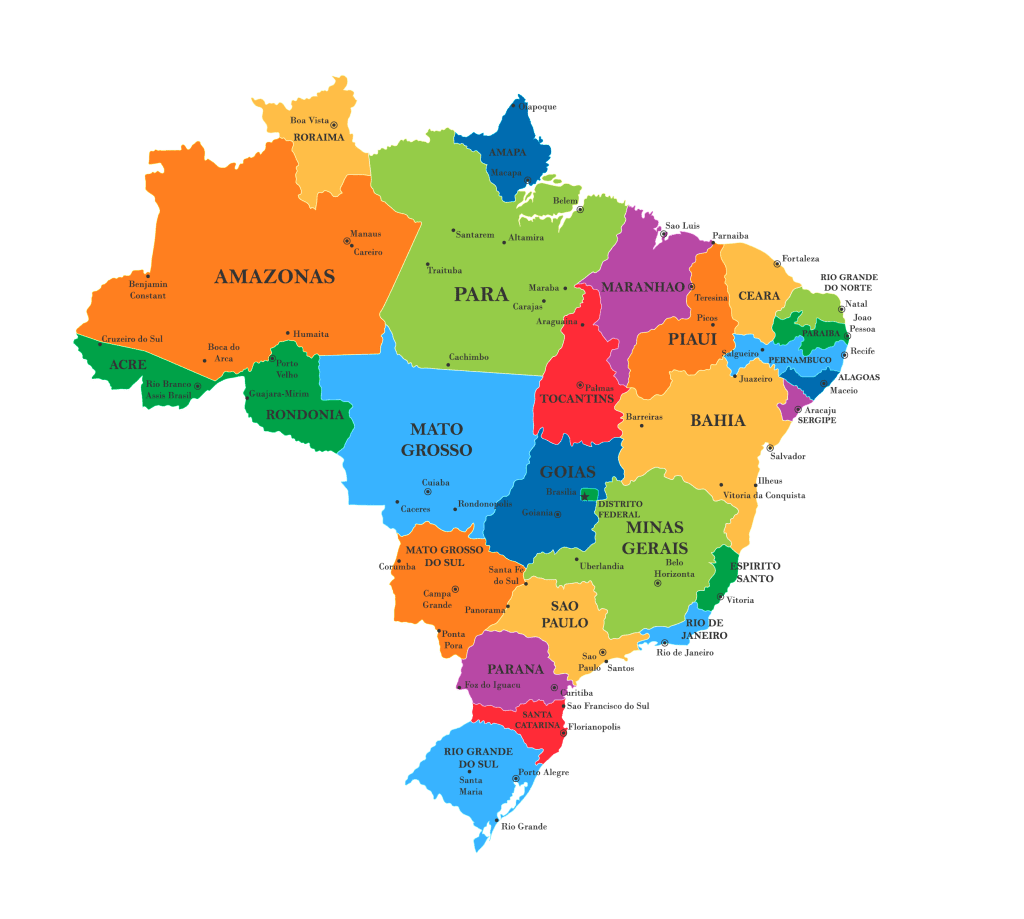
The Federative Republic of Brazil is located in South America in what is known as Latin America. At 8.5 million square kilometres, it is the largest country in the continent and the fifth largest in the world. The Federation is composed of the union of 26 States and the Federal District, Sao Paulo, which is also the largest city in the country. Brazil shares borders with Uruguay to the South, Argentina and Paraguay to the Southwest; Bolivia and Peru to the West; Colombia to the Northwest; and Venezuela, Guyana, Suriname and French Guiana to the North. Brazil has a human population of 217,240,060 and five ethnic groups, namely, White, 47.7%; Mixed, 43.1%; Black, 7.6%; East Asian, 1.1%; Indigenous, 0.4%. The religious configuration by percentage is Roman Catholicism, 64.6%; Protestant, 22.2%; other Christian denominations, 2%; Atheism, 8%; Spiritism or Witchcraft, 2%, other faiths, 1.2%. The official language of the country is Portuguese.
Modern History
Before the arrival of the Europeans, the lands that now constitute Brazil were occupied, fought over and settled by diverse tribes. Thus, the history of the country begins with the indigenous people. However, its contemporary history is considered to be from 1985 until the present day. The military ruled the country from 1964 until the return of democracy in 1985. The first civilian President would have been Tancredo Neves who defeated General Joao Figueiredo in the Presidential election. However, he could not attend his inauguration because he fell ill the night before. His running mate, Jose Sarney was inaugurated as Vice President and presided over the nation in that capacity, until Tancredo died. Thus, that administration was considered transitional since Tancredo did not take the oath of office. The first official President is thus Fernando Collor who won the election held in 1990. God’s Canvass
Brazil occupies a large area along the eastern coast of South America and includes much of the continent’s interior. Its size, relief, climate and natural resources make Brazil geographically diverse. The country spans four time zones, while the topography is diverse and includes hills, mountains, plains, highlands and scrublands. Brazil has a dense and complex system of rivers, one of the world’s most extensive, with eight major drainage basins, all of which drain into the Atlantic Ocean. The country also has rich and diverse fauna and flora as shown below.
Fauna
The wildlife of Brazil comprises all naturally occurring animals, plants and fungi. Home to 60% of the Amazon rainforest, which accounts for approximately one-tenth of all species in the world, Brazil is considered to have the greatest diversity of any country on the planet, containing over 70% of all animal species catalogued, it has the most species of fresh water fish (3,000) and mammals (over 689). The country ranks third on the list of nations with the most bird species at 1,832 and second with the most reptile species at 744. The number of fungal species is unknown but very large. Brazil is second only to Indonesia as the country with the most endemic species. It also holds the largest tract of unspoilt rainforest on earth. Among the bird species are hummingbirds, toucans, parrots, macaws, and waterfowl. The mammals include capybaras, sloths, monkeys, anteaters, pumas, jaguars, armadillos, dolphins and otters, while reptiles include caimans, turtles and anacondas. Some of the animal species are presented below.
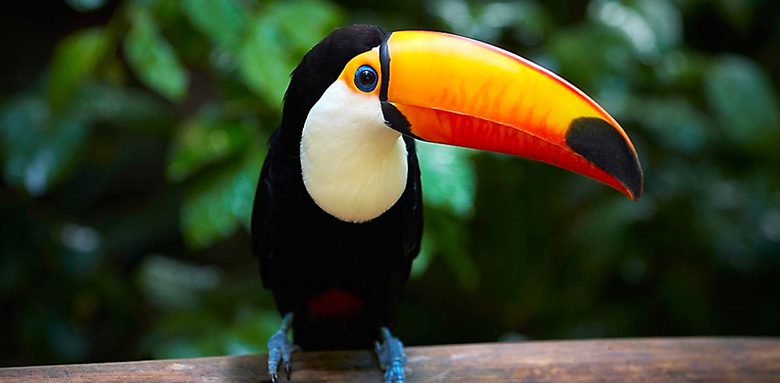
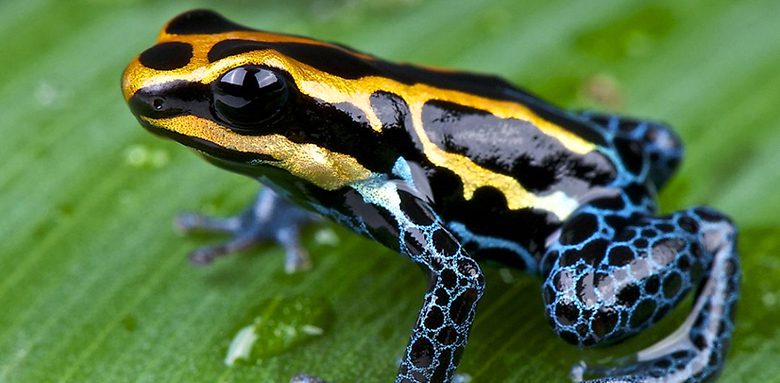
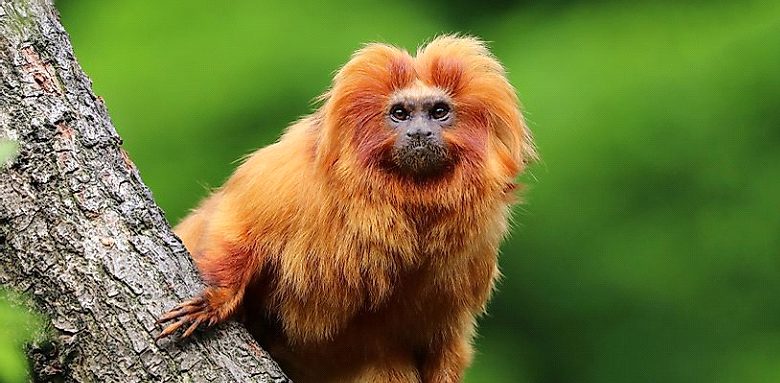

Flora
About one-fourth of the world’s known plant species are found in Brazil. The Amazon Basin, the world’s largest tropical rain forest, is home to Brazil nut trees, B,razil wood, myriad palms, vines, creepers, rosewood, orchids, water lilies and the wild rubber tree. Some of them are shown below.


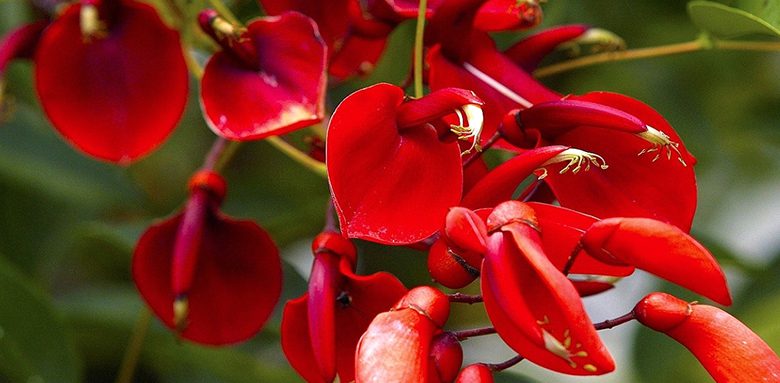

Beaches
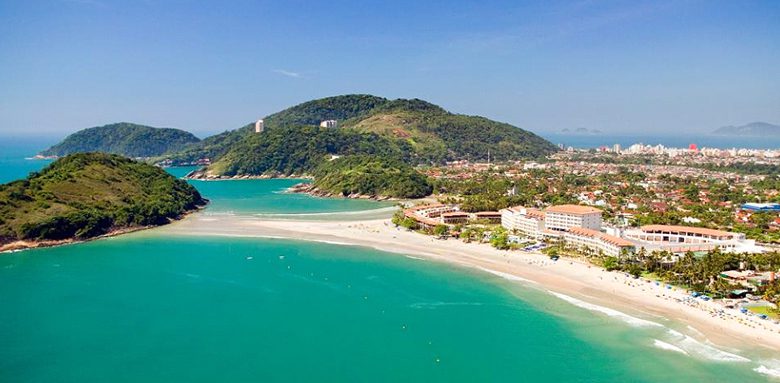

Culture
The cultures of the indigenous Indians, Africans, and Portuguese immigrants have together formed the modern Brazilian way of life. The Portuguese culture is by far the dominant of these influences; from it, Brazilians acquired their language, main religion, and most of their customs. African influences on the Brazilian way of life are strongest along the coats between the Northeast and Rio de Janeiro. They include traditional foods, religions, and popular music and dance, especially the samba. On the other hand, Indian culture is significant in areas around the Amazon Basin.
Traditional Attire
The origins of Brazilian traditional clothing are European, mostly Portuguese, as it was colonised by Portugal for 322 years. Women who reside in the city often wear short skirts and dresses, and both sexes of city slickers enjoy that most typical Western attire – T-shirts and jeans. Due to its many beaches, Bermuda shorts and bikinis are also popular. Those living in the Southern plains wear gaucho-type clothing: baggy pants, or bombachas, cowboy hats and boots. The indigenous Amerindians in the Amazon region wear tunics and face paint. They also love beads, body paint and unique hairstyles. Some of the traditional attires are shown below.
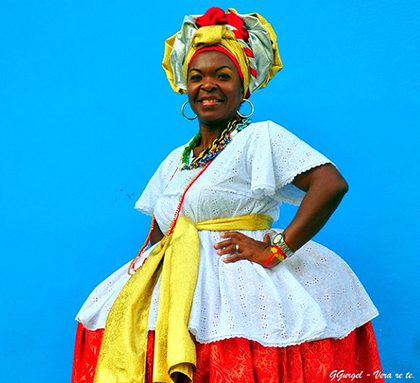




Cuisines
Brazilian cuisine is characterised by European, Amerindian, African, and Asian (Lebanese, Chinese, and most recently, Japanese) influences. It varies greatly by region, reflecting the country’s mix of native and immigrant population. This has created a national cuisine marked by the preservation of regional differences. Some of the cuisines are presented hereunder.

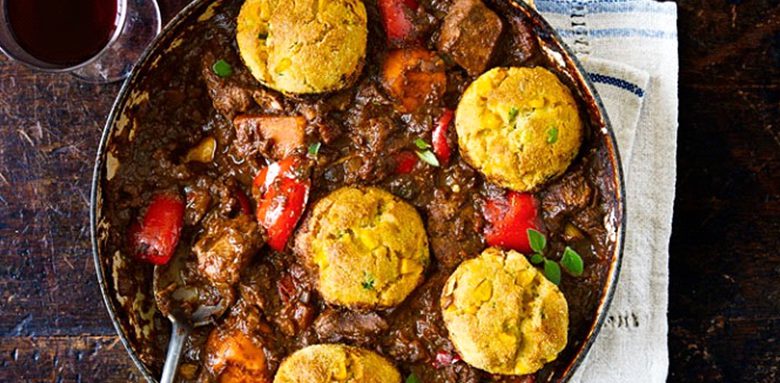
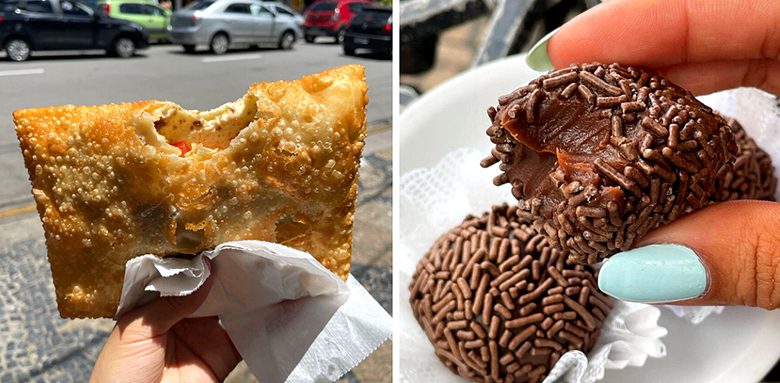

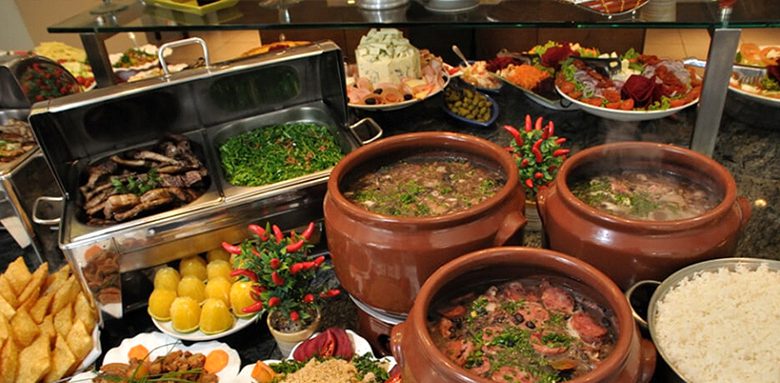

Status of Christianity in Brazil
Christianity has been at the centre of Brazil’s national identity since 1500, when a naval commander staked Portugal’s claim to what would become a nation of 3.3 million square miles. The first official act of the settlers, who called the land, “Island of the Holy Cross”, was to celebrate Catholic Mass. For the country’s 400 years, the state supported the Roman Catholic Church. Although this tight relationship discouraged any Protestant initiative in the early years, the situation changed significantly in mid-1600s when the Dutch invaded the Northeast of Brazil and spread the teachings of John Calvin. Today, evangelical churches are popping up everywhere in the country.
Despite the visible religious character, the country is under strong influence of Satanists. This manifests strongly during the annual carnivals, which feature nude women and men linked with syncretism (witchcraft). The ceremony held this year was so satanic that many people attributed the destructive flooding that occurred within the period to God’s judgment on the nation. From all indications, Brazil is a land polluted by demonic spirits in spite of its Christian roots. This underscores the need for believers to intercede for unsaved souls in the country, using the authority of the name and blood of our Lord Jesus Christ.
Prayer Points
- Ask the Father to visit Brazil with His mercy, judgement and justice.
- Pray that He would pour out His Spirit on its people as He promised in Joel 2:28, to lead them to repentance.
- Pray that God would remove the veil of darkness from the minds, heart and eyes of Brazilian people, as well as unstop their ears that they might hear His voice.
- Pray that God would judge all principalities and powers holding the people in captivity.
- Ask the Father to destroy the influence of these evil spirits in the lives of all Brazilians.
- Pray that God would expose the wrong foundation in the lives of people who identify with Christ while fraternising with satan through doctrines of demons.
- Ask the Father to destroy these wrong foundations and lay a new one for that is in Christ alone.
- Pray that the Father would send workers into His harvest in Brazil.
- Ask Him to sanctify all Christian believers with His word.
- Pray that God would empower believers with the boldness to preach the true gospel in season and out of season.
Intercession Checklist
- From the political map of Brazil provided in the text, select a town, city or region for focused prayer.
- Present the chosen geographical space to the Father and tell Him that you are claiming it for Christ as His ambassador.
- Tell God that you are standing on His charge to the Messiah in Psalm 2:8: “Ask of Me, and I shall give thee the heathen for thine inheritance, and the uttermost parts of the earth for thy possession.”
Some materials sourced from Brazil, https://en.m.wikipedia.org; Brazil – Cultural Life, https://www.britannica.com; Brazil’s Christian Roots, https://www.christianitytoday.com.
